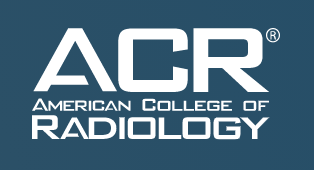New Breast Cancer Screening Guidelines Address Increased Risk Factors
 New breast cancer screening guidelines from the American College of Radiology (ACR) and Society of Breast Imaging (SBI) call for heightened screening attention for transgender individuals, Black women, and other often overlooked or underserved populations. Factors such as sex assigned at birth, hormone use and surgical histories place transgender persons at increased risk for breast cancer.
New breast cancer screening guidelines from the American College of Radiology (ACR) and Society of Breast Imaging (SBI) call for heightened screening attention for transgender individuals, Black women, and other often overlooked or underserved populations. Factors such as sex assigned at birth, hormone use and surgical histories place transgender persons at increased risk for breast cancer.
“Due to hormone use, biological males transitioning to female are at increased risk for breast cancer compared to other males,” said Emily F. Conant, MD, FSBI. “Biological females transitioning to male who do not undergo mastectomy remain at their previous risk for breast cancer. Since these individuals are less likely to have regular checkups and be routinely screened, clear guidance is especially important.”
The new guidelines are published in the Journal of the American College of Radiology (JACR).
“Minority women are 72% more likely to be diagnosed with breast cancer before age 50, are 58% more likely to be diagnosed with advanced stage disease prior to age 50, and are 127% more likely to die of breast cancer before age 50 compared to white women,” said guidelines primary author Debra Monticciolo, MD, FACR. “It is vital that women start screening at age 40. Delaying screening until age 50 hurts all women, but particularly harms minority women.”
The ACR and SBI continue to recommend that women have a risk assessment at age 30 to see if screening prior to age 40 is needed, and those at average breast cancer risk begin screening at age 40. The societies also recommend that women continue screening past age 74, unless severe comorbidities limit life expectancy. Women previously diagnosed with breast cancer should be screened with magnetic resonance imaging (MRI).
Related Articles
Citation
New Breast Cancer Screening Guidelines Address Increased Risk Factors . Appl Radiol.
June 25, 2021